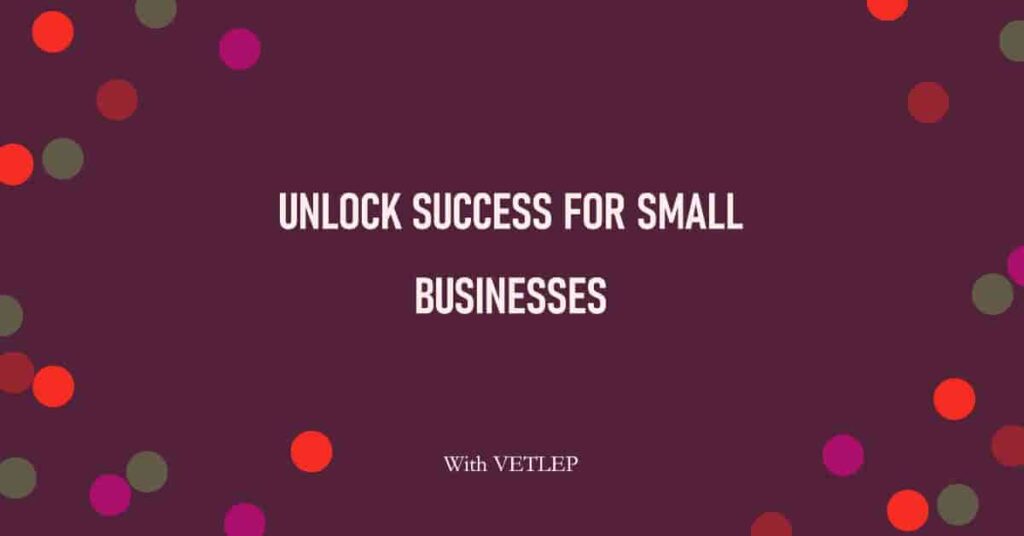The Power of Storytelling in Entrepreneurial Marketing

In the world of entrepreneurial marketing, storytelling is a powerful tool that can help small businesses stand out, build brand loyalty, and drive customer engagement. Storytelling is an ancient art form that has been used to captivate audiences, convey messages, and create emotional connections. By leveraging the power of storytelling, entrepreneurs can create a compelling narrative that resonates with their target audience, builds trust, and drives business success.
One of the key reasons storytelling matters in entrepreneurial marketing is that it creates an emotional connection with the customer. When customers hear a story, they are more likely to remember it and feel a deeper connection to the brand. This emotional connection can lead to brand loyalty and advocacy, which are essential for small businesses. Additionally, stories can convey the authenticity and uniqueness of a brand, differentiating it from competitors.
The Frame-Message-Tie Down model, introduced by Rene Rodriguez, is a technique that guides prospects’ thinking by framing a story, delivering a message, and tying it down to the prospect’s situation. This approach helps shift focus from price to performance and builds trust. Moreover, non-verbal communication plays a crucial role in storytelling. Non-verbal cues account for 93% of the impression we make on others, while words only account for 7%. Aligning verbal and non-verbal cues, such as facial expressions, hand gestures, and posture, is essential for effective communication and building trust.
At VETLEP (Valdymas Entrepreneurial and Transformational Leadership Empowerment Program), we understand the importance of storytelling in entrepreneurial marketing. That’s why we provide loans for small businesses with no collateral, low interest rates, no hidden charges, and quick access. Our goal goes beyond financial support; we aim to raise business giants who can wisely utilize resources and reach transformational levels. By joining VETLEP, businesses and entrepreneurs can gain access to capital with no collateral or hidden charges, mentorship and guidance ,opportunities for networking and building relationships with like-minded individuals,leadership, and business management, and a supportive community that encourages innovation, experimentation, and growth.
By leveraging the power of storytelling, entrepreneurs can create a compelling narrative that resonates with their target audience, builds trust, and drives business success. At VETLEP, we empower entrepreneurs to tell their stories, showcase their products and services, and connect with their customers on a deeper level. Our program offers numerous advantages for businesses and entrepreneurs, including access to capital, mentorship, networking opportunities, training, and a supportive community.
In conclusion, storytelling is a powerful tool in entrepreneurial marketing that can help small businesses stand out, build brand loyalty, and drive customer engagement. By leveraging the power of storytelling and joining VETLEP, entrepreneurs can gain the support and resources they need to succeed, while also developing a growth mindset and embracing failure as a catalyst for success.
Reference
Aaker, J. (1997). Dimensions of brand personality. Journal of Marketing Research, 34(3), 347-356.
Fournier, S., & Avery, J. (2011). The uninvited brand. Business Horizons, 54(3), 193-207.
Guber, P. (2007). The power of storytelling. Journal of Business Strategy, 28(4), 11-15.
Hatch, M. J., & Schultz, M. (2008). Taking brand initiative: How companies can align strategy, culture, and identity through corporate branding. Jossey-Bass.
Holt, D. B., & Cameron, D. (2010). Cultural strategy: Using innovative ideologies to build breakthrough brands. Oxford University Press.
Kahney, L. (2008). Inside Steve’s brain. Penguin.
Martinez, P. (2018). The story of your business: Using narrative to ignite your brand. Ideapress.
Rodriguez, R. (n.d.). The psychology of selling.
Smith, R., & Wheeler, J. (2017). The power of storytelling in marketing. Journal of Marketing Communications, 23(1), 34-50.



